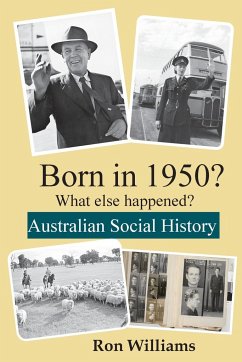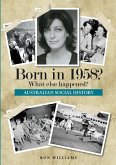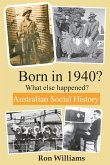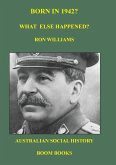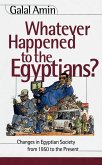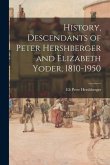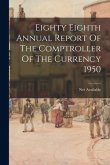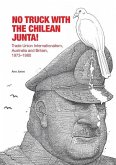.In 1950, Dugan and Mears used a hacksaw to break out of gaol, robbed banks, shot people and went back to gaol. The War finished five years ago, so it was time to stop petrol rationing. War criminals were hanging out at Nuremberg. Dancing pumps were tripping the light fantastic at The Plaza. Whaling in Australia was big; square dancing was bigger. The US started a war in Korea, and we went along with them. Uranium was found in Australia, but Menzies could not join the Atom Club he craver to enter. The Sara Quads were born. I was born in 1934, so that I can remember well a great deal of what went on around me from 1939 onwards. But of course, the bulk of this book's material came from research. That meant that I spent many hours in front of a computer reading electronic versions of newspapers, magazines, Hansard, Ministers' Press releases and the like. My task was to sift out, day-by-day, those stories and events that would be of interest to the most readers. Then I supplemented these with materials from books, broadcasts, memoirs, biographies, government reports and statistics. And I talked to old-timers, one-on-one, and in organised groups, and to Baby Boomers about their recollections. People with stories to tell came out of the woodwork, and talked no end about the tragic, and funny, and commonplace events that have shaped their lives. I think I have covered most of the major issues that people then were interested in. On the other hand, in some cases I have dwelt a little on minor frivolous matters, perhaps to the detriment of more sober considerations. Still, in the long run, this makes the book more readable, and hopefully it will convey adequately the spirit of the times. Overall, I expect I can make you wonder, remember, rage and giggle, and I hope that you and your family will find some comfort in the realisation that no matter how new and novel a current situation is to you, it has all happened often before.

